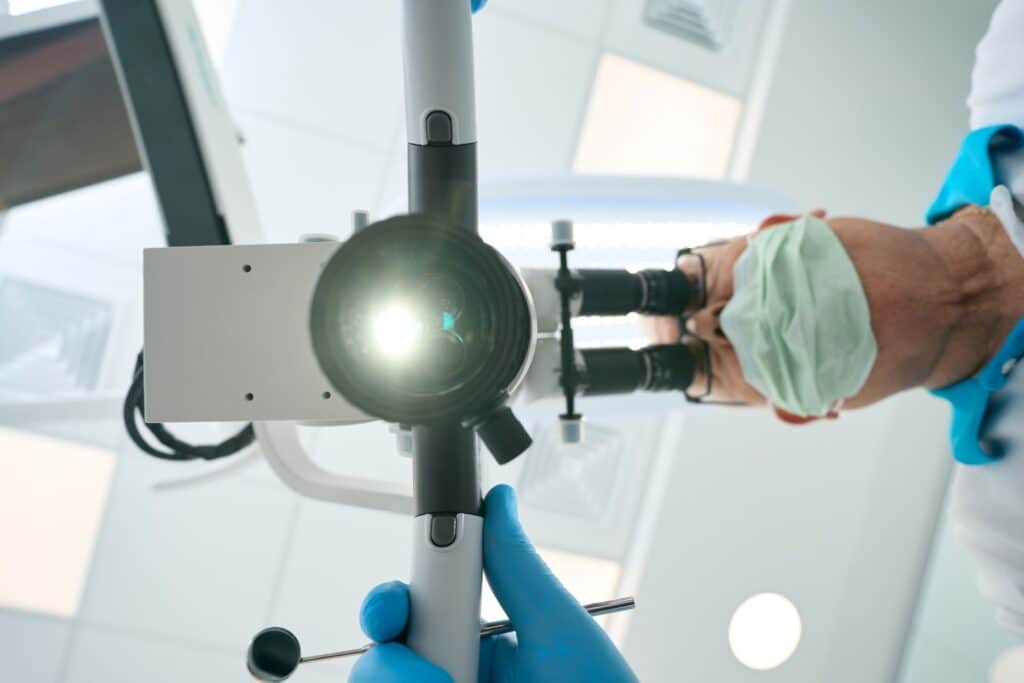What to Expect Concerning Eye Surgery
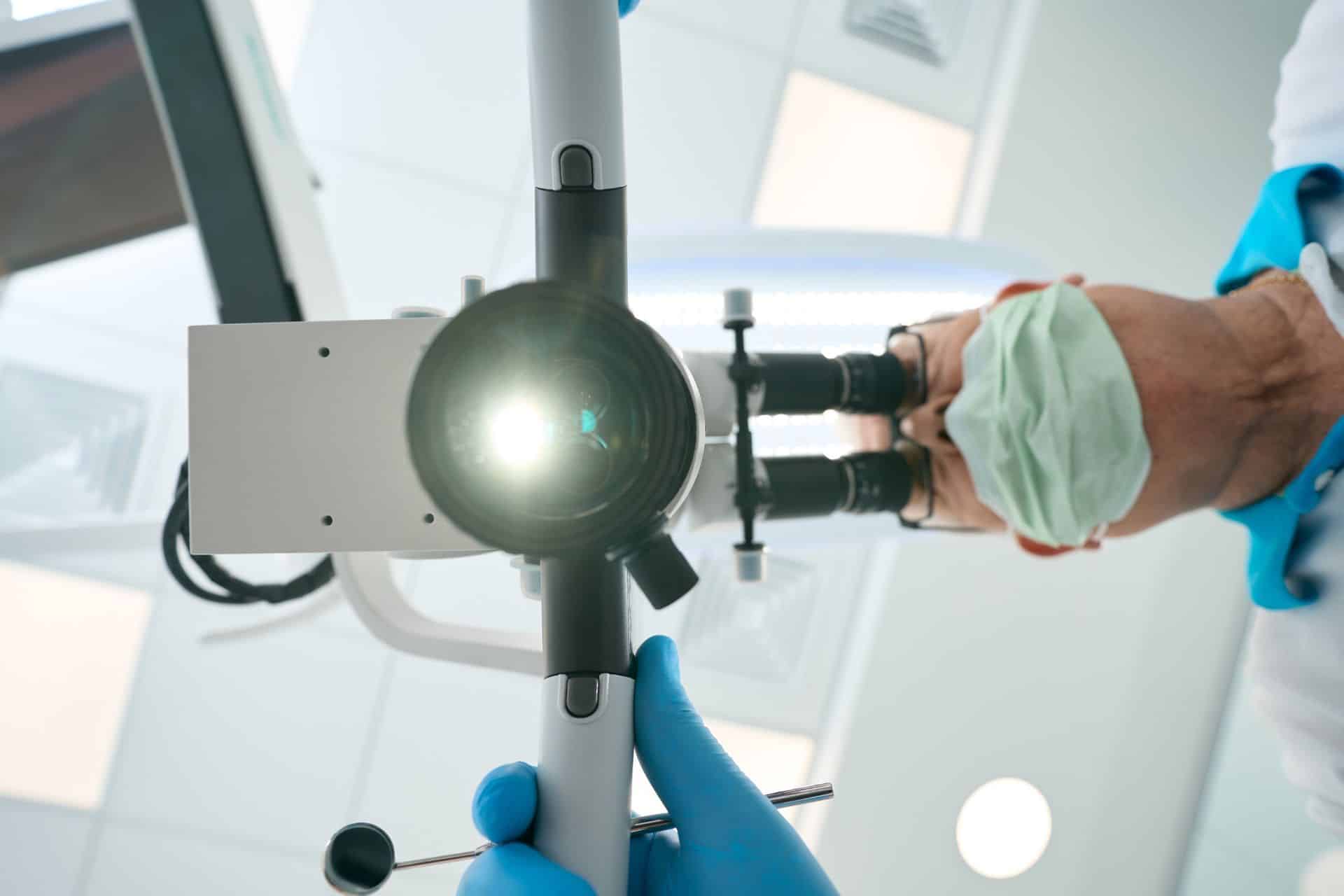
More than 20 million people in the United States – more than 8% of the population – are visually impaired. While a majority of those people can correct their visual impairment with reading glasses, contact lenses, or some form of medication (eye drops), millions of others might require further treatment – such as eye surgery.
Eye surgery is a concept that dates back several thousands of years, with some of the earliest records dating back to 600 BC – when an Indian surgeon named Sushruta performed the cataract surgery by couching. Eye surgery wouldn’t be what it is today if it weren’t for the work of Sushruta.
Now more than 2,600 years later, ophthalmologists and eye surgeons have a never-ending supply of new advancements in medicine, technology, and science to ensure all patients are given a fair shot at an improved quality of life – while also giving patients a newfound sense of hope, possibility, and purpose.
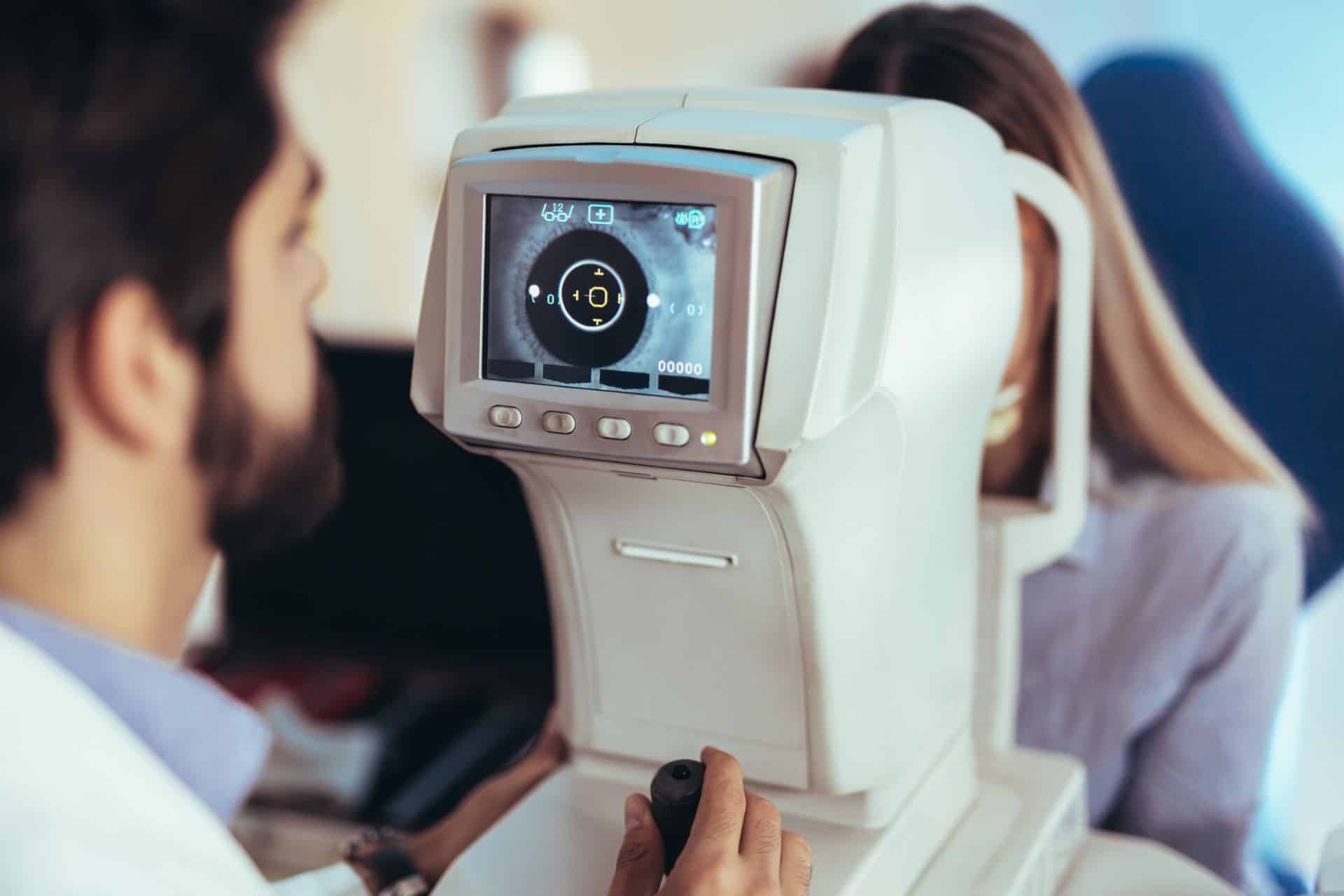
What to Expect Before Eye Surgery
Before eye surgery can be considered, ophthalmologists must first identify a need for the surgery and confirm that the patient is a good candidate for the surgery. A comprehensive and thorough eye exam is performed to thoroughly assess the patient and their current eye health – ensuring safety and efficacy.
Here are some of the things you should expect and/or plan for prior to eye surgery:
- You’ll be asked to stop wearing contact lenses (including soft contact lenses) for several weeks prior to surgery
- Avoid using creams, lotions, makeup, and perfume/cologne the day before surgery
- You might be asked to scrub your eyelashes to remove any debris and residue
- Make sure you arrange for someone to drive you home after the surgery is complete
- You’ll be asked about your personal medical history (as well as your family’s medical history)
- The surgeon will perform an eye exam to assess eye health
- This is your opportunity to ask questions and address any concerns the patient has
The weeks and days leading up to your eye surgery can be some of the most unsettling and unnerving moments of your life, but don’t worry – your eye care team will be with you every step of the way. Don’t hesitate to reach out to your eye doctor if you have any comments, questions, or concerns before surgery.
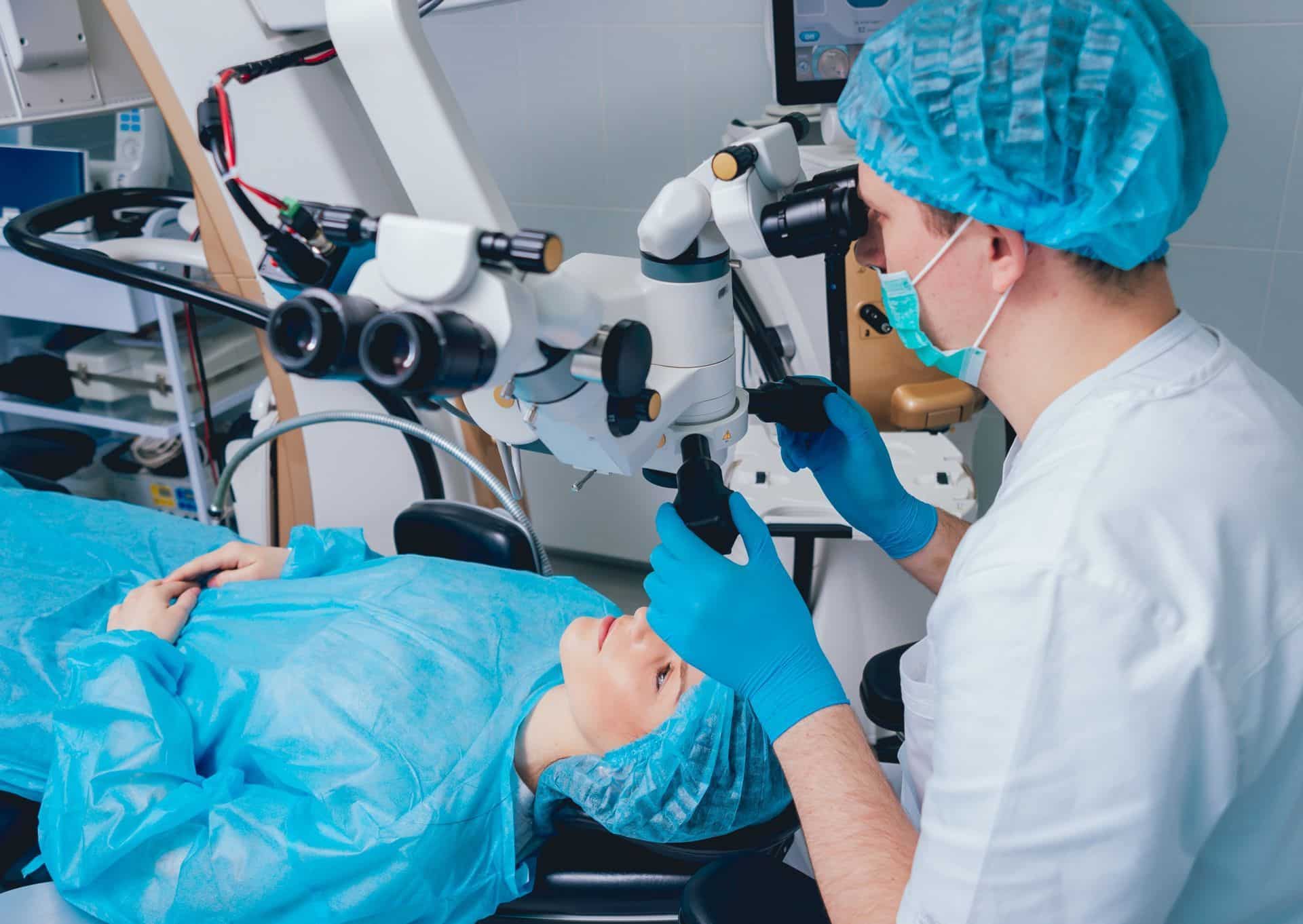
What to Expect During Eye Surgery
A majority of all eye surgeries are done on an outpatient basis, which means it’s done in your eye doctor’s office (not a hospital) and you won’t be required to spend the night. In fact, most eye surgeries won’t take longer than an hour and most will finish within 30 minutes – depending on the type of surgery, of course.
Here are some of the things you should expect and/or plan for the day of surgery:
- Patients will lie down in a comfortable reclining chair throughout the procedure
- Numbing eye drops are placed in the eye and the area surrounding the eye is cleaned
- A lid speculum is used to ensure your eyes remain open during the procedure
- Patients can expect to feel pressure on their eye, but pain will be scarce
- Most procedures involve cutting a small flap in the eye by making a small incision or with a laser
- It’s common for patients to experience dimmed vision and blurry vision during the procedure
- Patients will be asked to stare at a fixed spot for long periods of time
Patients are awake during most eye surgeries and will even be able to see throughout most of the surgery – though they do experience fluctuating degrees of blurred vision as the surgeon works on the eye. Most patients won’t experience any pain (due to the anesthesia), but they might experience a little discomfort.
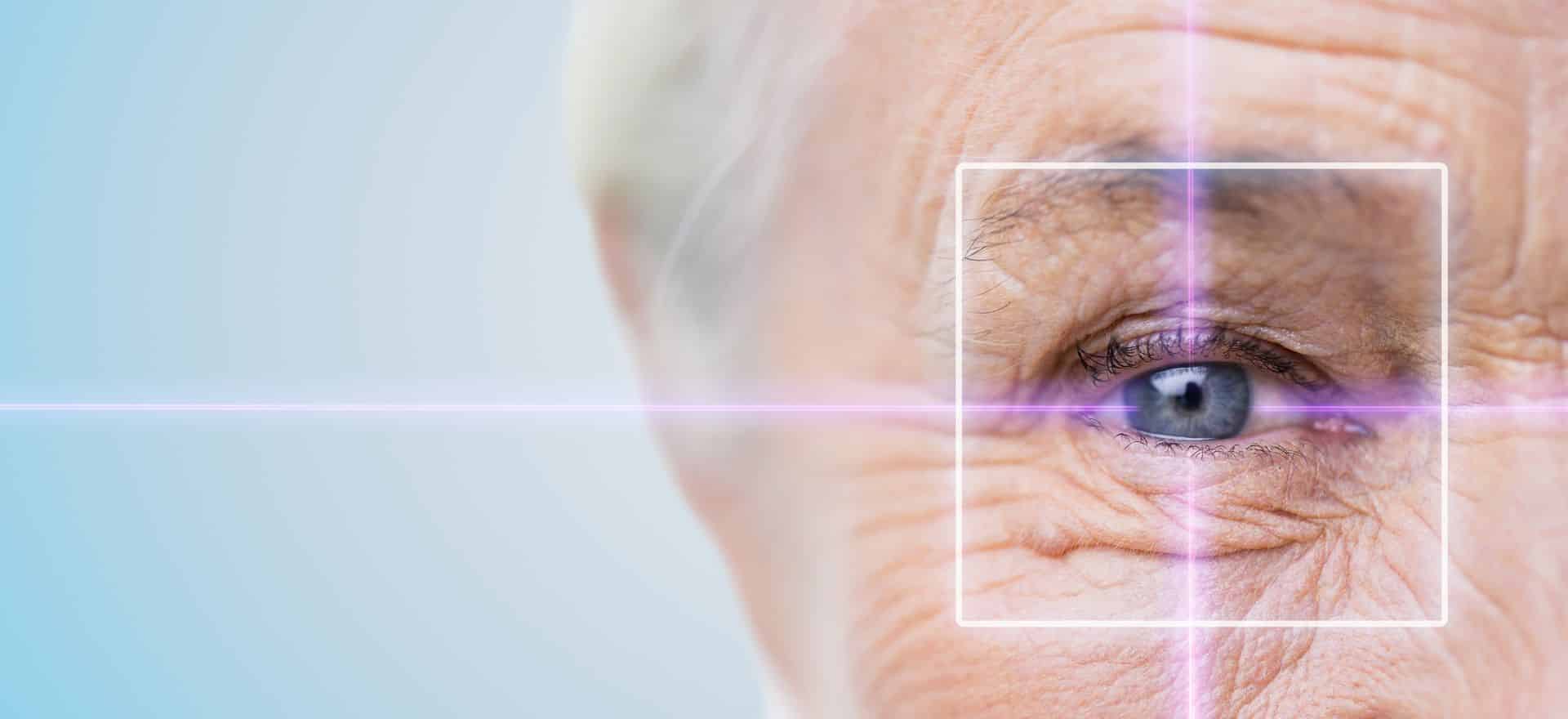
What to Expect After Eye Surgery
In the days, weeks, and months following eye surgery, patients are given a list of aftercare instructions to follow – outlining all the do’s and don’ts while recovering from the procedure. If you want to encourage a smooth and successful recovery process, then follow these aftercare instructions closely and carefully.
Here are some of the things you should expect and/or plan for after eye surgery:
- Stitches aren’t always required, but patients will be asked to wear an eye shield to protect the eye
- You’ll be asked to wear the eye shield for about a week, including while you sleep
- Minor discomfort and small bouts of pain are expected in the days following eye surgery
- Mild pain relievers are prescribed, if needed
- Avoid rubbing your eye – no matter how badly you want to
- Most doctors will recommend taking a few days off from work while your eyes recover
- Regular appointments with your surgery center are needed to assess and monitor the results
Maintaining an open, transparent, and regular relationship with your ophthalmologist is essential during the recovery process. It not only gives your
eye doctor an opportunity to monitor your progress as your eyes start to recover, but it also allows your eye doctor to closely monitor your eye health for other issues.

Different Types of Eye Surgery
Expectations before, during, and after eye surgery are going to vary from one doctor to the next, one patient to the next, and one procedure to the next. It’s up to the eye surgeon and their medical team to determine the best course of action for each individual patient – including what type of surgery is needed.
The most common types of eye surgery include:
- Laser Eye Surgery (LASIK surgery)
- Cataract Surgery (intraocular lens)
- Glaucoma Surgery
- Refractive Surgery
- Corneal Surgery
- Vitreoretinal Surgery
- Eye Muscle Surgery
- Oculoplastic Surgery
Advancements in technology, science, and medicine are revolutionizing the way we treat eye disease, eye injuries, and other eye conditions. Since these issues can have a negative impact on a patient’s quality of life, ensuring they receive an accurate diagnosis and effective treatment plan is very important.
Contact Milwaukee Eye Surgeons Today!
Are your eyes constantly red, itchy, irritated, watery, or dry? Are you experiencing changes to your vision – such as blurred vision, double vision, or distorted vision? Do you miss having clear vision? Have you recently suffered an eye injury or started to experience eye pain? If you answered ‘yes’ to any of those questions, contact us right away!
At Milwaukee Eye Surgeons, we take pride in offering the best
eye care services Milwaukee has to offer. We treat a variety of eye conditions and symptoms, including cataract surgeries, refractive errors, glaucoma, dry eyes, floaters, corneal issues, macular degeneration, and much more. Schedule your appointment today!

